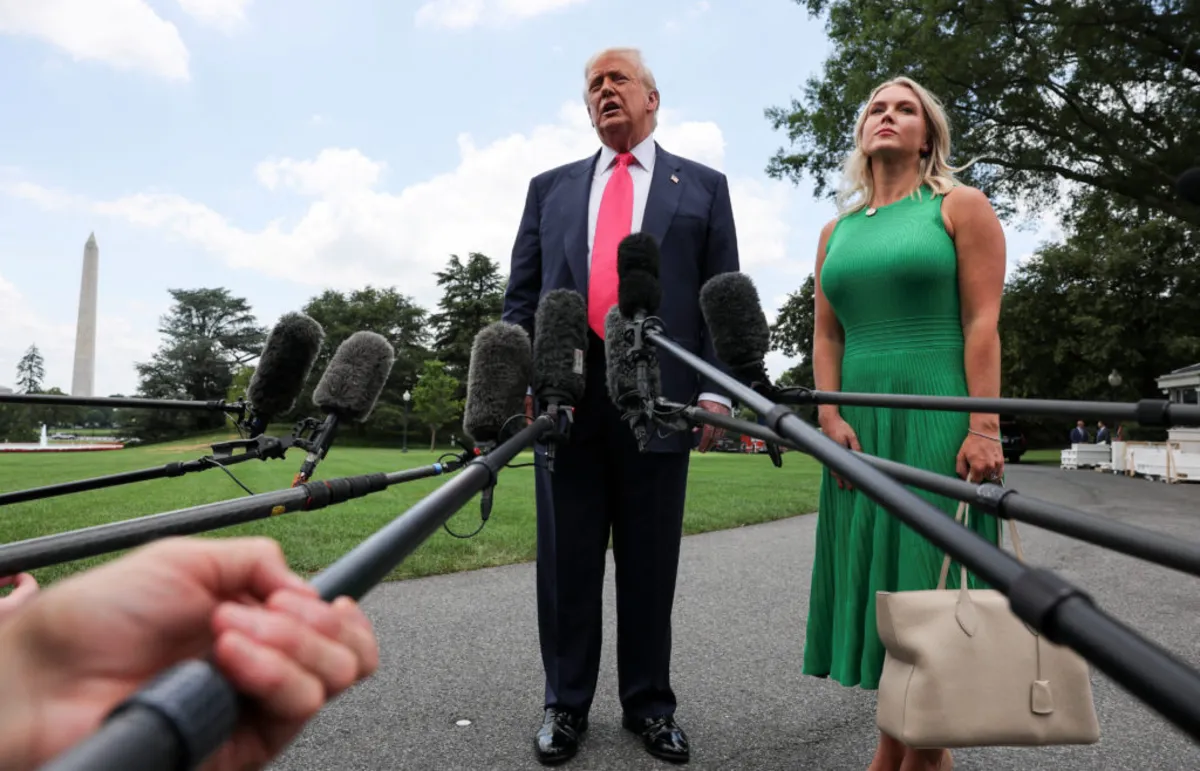
In a recent update shared on Truth Social, President Donald Trump revealed his plans to impose a 19% tariff on imports from Indonesia. This move comes as part of a broader strategy to adjust trade relations between the United States and Southeast Asian nations, with American goods exported to Indonesia facing no tariffs at all.
While addressing the media before boarding the presidential helicopter, Trump emphasized the terms of the agreement, stating, “They are going to pay 19% and we are going to pay nothing.” His comments suggest a perspective that foreign countries bear the full burden of tariffs, despite the fact that in practice, importers in the U.S. are responsible for paying these taxes.
During his announcement, Trump highlighted Indonesia's strength in the copper market. However, the exact implications of copper regarding this new tariff agreement remain uncertain, especially since the U.S. government has already implemented a separate 50% tax on copper imports starting from August 1. This discrepancy raises questions about how these tariffs will affect trade dynamics, particularly in the copper sector.
The agreement appears to have been reached following discussions between President Trump and Indonesian President Prabowo Subianto. This interaction underscores the importance of diplomatic engagement in shaping trade policies that can significantly impact both nations' economies.
These developments occur amidst rising economic concerns, including a recent report indicating that U.S. inflation accelerated to 2.7% last month, marking the highest level since February. Such economic fluctuations play a critical role in the backdrop of tariff negotiations and trade agreements between the U.S. and its partners.
In these uncertain times, supporting organizations like PBS News Hour can make a significant difference in providing reliable news coverage that informs the public about important economic and political developments.